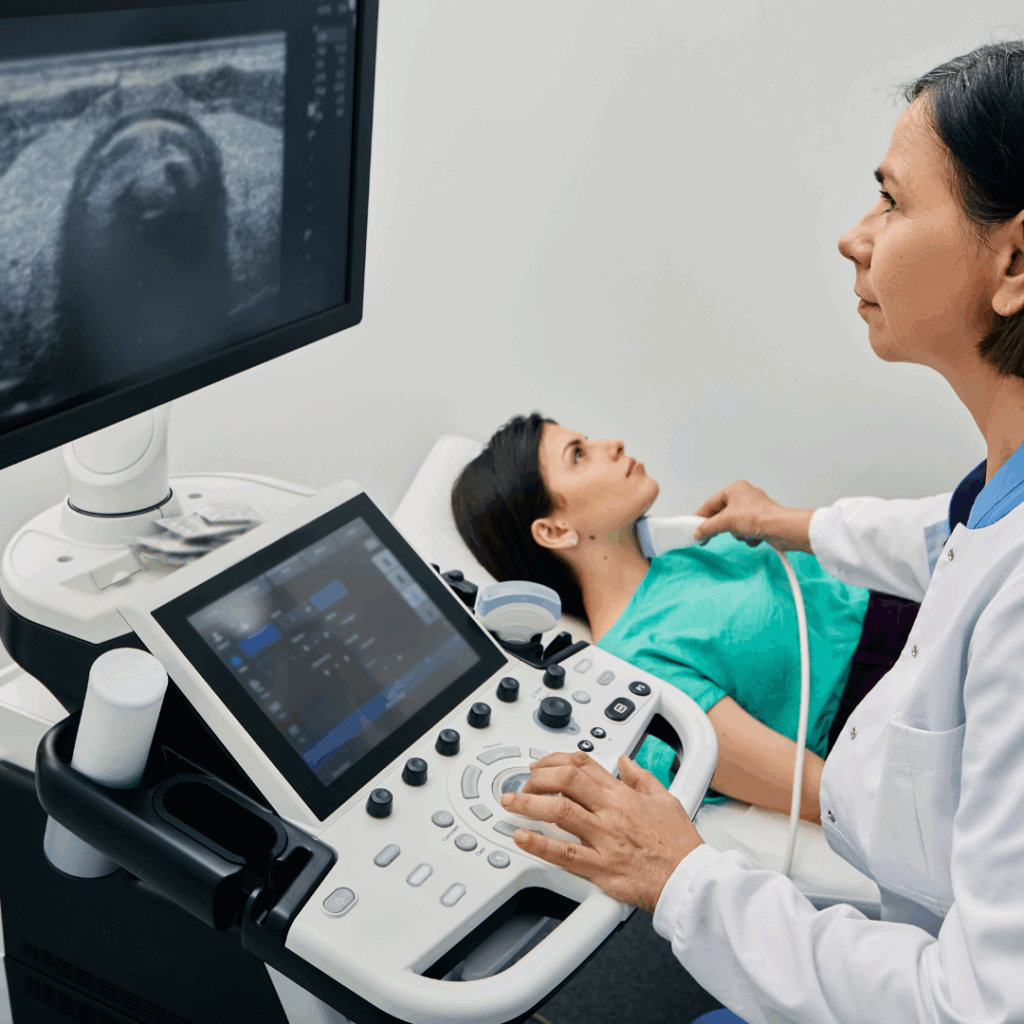A shocking incident at Cork University Hospital has sparked renewed public attention on medical negligence and patient safety across Ireland. When Catherine Shine was handed the wrong newborn, her experience became an example of how even brief errors can result in distress, legal action and a push for lasting change in our healthcare system.
When mistakes happen in the maternity ward
Catherine Shine, a mother from Mallow, Co Cork, welcomed her daughter, Hannah Kate, at Cork University Hospital in September 2021. After an emergency caesarean section, both mother and baby stayed in the hospital where, on the night before discharge, Hannah Kate was placed in the nursery for overnight care. The next day, when Catherine asked to hold her daughter, she was given a baby that didn’t look or feel familiar.
Trusting her instincts, Catherine inspected the baby’s name tag and quickly discovered this was, in fact, not her child. The swap had only lasted a short time, but the emotional impact was immediate and intense. The error, which the hospital admitted was the result of insufficient checks and a lapse in protocols, led Catherine Shine to take legal action against the Health Service Executive (HSE).
High Court settlement and the value of an apology
The case concluded in the High Court, with a confidential settlement and a formal apology to Catherine Shine and her family. For Catherine, the apology was a critical part of closure. She stated, “I got the apology and I’m glad it’s over. I don’t want it to happen to any mother; it’s an awful thing not to get the right baby or have your child go missing.”
The legal action, she emphasised, was motivated not just by her own distress but by a genuine desire to ensure that no other family faces a similar ordeal. The court heard that liability was admitted by the HSE. While the baby was only with Catherine for a short time before the error was noticed, the incident has raised many important questions about safety protocols in Irish maternity units.
Why do newborn mix-ups still occur?
Incidents like this are rare but deeply unsettling. They often stem from a series of minor oversights rather than one glaring failure. According to testimony in Catherine Shine’s case, the substandard care included:
- Failing to properly verify babies’ identities before returning them to their mothers.
- Lack of adequate checks and balances in the hospital nursery and wards.
- Insufficient protocols to prevent babies being mixed up.
Medical professionals are, of course, dedicated to providing diligent care. But busy, high-pressure environments like maternity and neonatal units can be vulnerable to lapses—especially when protocols aren’t enforced or when communication breaks down.
Medical negligence in Irish hospitals
Medical negligence is not limited to mix-ups in the maternity ward, though these cases tend to receive wide coverage due to the profound emotional consequences for families. Medical negligence can be defined as an act (or failure to act) by a health professional that falls below an acceptable standard, causing injury, distress or loss.
Common examples of medical negligence
- Misdiagnosis or delayed diagnosis
- Surgical errors
- Prescription mistakes
- Failure to obtain informed consent from the patient
- Negligent maternity care or birth injuries
If you or a loved one have concerns about any aspect of medical treatment, it’s important to know that legal options are available. HOMS Assist offers specialist advice and support for patients and their families.
The legal process for victims of medical negligence
Taking legal action can feel overwhelming, particularly for families already under stress. Reputable firms such as HOMS Assist aim to combine expertise and compassion throughout every stage of the claims process:
Step 1 Gather evidence
Solicitors will collect and review medical records, interviews and independent expert opinions to assess the care provided.
Step 2 Establish negligence
A claim requires proof that the standard of care fell below what a reasonable medical professional would have provided in similar circumstances, and that this failing caused harm.
Step 3 Pursue legal action
Depending on the setting, claims may be brought against the HSE (in public hospitals) or against individual practitioners (in private care).
Step 4 Receive acknowledgment or settlement
Many cases end in settlement with a formal admission of liability or a confidential agreement, often including a written apology and compensation to help address the emotional, physical and financial repercussions.
Real families, real impact
Stories like Catherine Shine’s highlight the resilience of individuals who advocate for change in the face of trauma. A mother’s intuition, combined with attention to detail, prevented a potentially longer and even more distressing episode. The shock and psychological impact of being handed the wrong child, even briefly, can’t be underestimated.
Other families have experienced tragedies with lasting consequences. For example, HOMS Assist has supported parents after the loss of children due to medical errors, guiding them to secure apologies, settlements, and sometimes a review of hospital procedures. Each case reminds us that systems are only as safe as the people and protocols maintaining them.
Preventing future mix-ups and promoting patient safety
Ireland’s maternity units have made progress with electronic tagging, ID bands and security measures. Still, the key to safety is a culture where protocols are never skipped and all staff feel empowered to double-check every detail, no matter how busy they are.
Parents also have a vital role. If something feels wrong, it’s important to speak up and ask questions. Hospitals should encourage families to voice concerns rather than feel like they are causing trouble.
When legal support matters
If you suspect you or a loved one have experienced medical negligence, seeking professional legal support can provide clarity and, in many cases, help enact changes that protect others. The team at HOMS Assist have a track record of guiding clients with professionalism and understanding, providing:
- Free initial consultations
- Clear explanations of your rights
- Transparent step-by-step advice
- Support through every stage, from evidence-gathering to court settlements
Medical negligence claims can often be resolved swiftly through settlements, but sometimes they pave the way for systemic change or even policy reform. Your decision to act may have positive effects well beyond your own situation.
Standing strong for families and safer hospitals
No parent expects to leave hospital with someone else’s baby, or to face other consequences of substandard care. Catherine Shine’s experience is a sobering reminder that vigilance, communication and strong legal advocacy are all crucial to a safe healthcare system. When mistakes are made, both heartfelt apologies and genuine reforms must follow.
If these events resonate with you and you are seeking advice or representation, reach out to a legal team that combines expertise with empathy.









